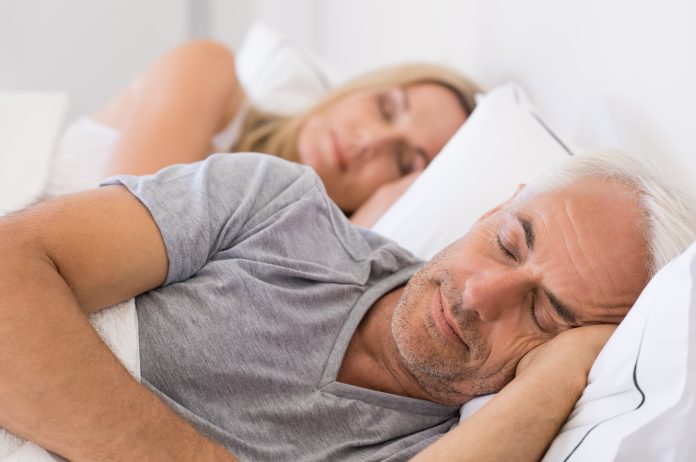Many studies have been done on sleep and dementia. Some have found that sleeping more than 9 hours a night can lead to dementia. Other studies show that sleeping too little can lead to dementia. Which is it?
Adults 65 and over should aim for 7 to 8 hours of sleep every night. Research has discovered that sleeping more than this is a symptom of dementia but doesn’t lead to the disease itself. Those who don’t reach the deep cycle of sleep may accumulate a protein called beta amyloid. It is this protein that has been linked to Alzheimer’s.
How can you keep yourself from sleeping for too long?
- Follow a strict sleeping schedule every night. Go to bed at the same time and get up at the same time. Having a ritual that you perform each evening such as bathing, reading and then bedtime can help you with this.
- Keep track of your hours spent sleeping. If you feel that you are sleeping more than 9 hours each night, talk to your doctor. They may be able to find out if you have a sleeping problem or if it’s the onset of dementia.
What if I sleep too little?
Many of us have problems with insomnia, either being unable to fall asleep or waking many times during the night. Try the following tips for a good night’s rest:
- Keep track of your diet. Don’t drink coffee late in the day and avoid foods containing sugar. Also, don’t eat a heavy meal within several hours of your bedtime.
- Take a look around your bedroom. Is it dark and quiet? Use earplugs and eye masks if they help and keep anything distracting out of the bedroom. Your bedroom should be relaxing and an aid to helping you fall asleep. Make sure it isn’t too warm. You will sleep better in a slightly cool room.
- Once again, keep to a scheduled bedtime. Your body will get used to turning in at the same time each evening and this will help you sleep better.
If you still find you are having sleep problems, contact your doctor for help. Whether you sleep too much or too little, it can affect your health in a negative way. Aim for 7 to 8 hours of sleep every night. To read the full article on sleep and dementia, click here.


